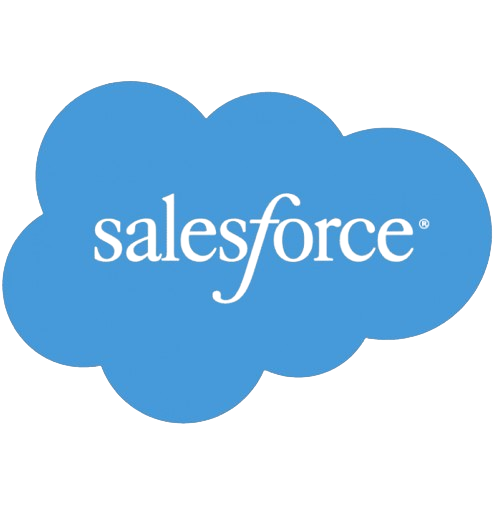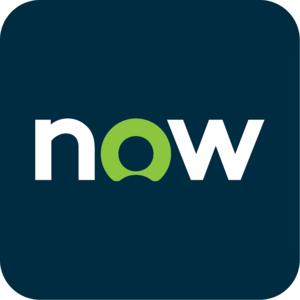Salesforce CPQ vs. Standard Quotes: Selecting the Optimal Sales Quoting Solution for Your Business
Updated on February 15, 2026
In today’s dynamic business environment, where competition is fierce, and efficiency is paramount, having the right tools for sales quoting is a game-changer. Salesforce, a renowned customer relationship management (CRM) platform, offers two distinct solutions for sales quoting: Salesforce CPQ (Configure, Price, Quote) and Salesforce Standard Quoting. In this comprehensive guide, we will explore the crucial distinctions between these two tools and assist you in making an informed decision that aligns with your business requirements.
Why Sales Quoting Matters
Before diving into the details of Salesforce CPQ and Standard Quoting, let’s emphasize the significance of sales quoting in the business realm. An effective sales quote serves as a bridge between your business and potential customers. It communicates not only the details of your offerings but also the value they provide. The quoting process can heavily influence a potential client’s decision, acting as a catalyst for successful deals.
Salesforce Standard Quoting: The Essentials
Product Bundling
As the name suggests, Salesforce Standard Quoting is the basic quoting solution provided within the Salesforce platform. It’s important to note that it has limitations, one of which is the absence of product bundling as an out-of-the-box feature. In practical terms, this implies that, when creating a quote, you need to select each product or service you want to include manually. While this method is straightforward, it can be time-consuming, especially if your business maintains an extensive product catalog.
Discounting
In terms of discounting, Salesforce Standard Quoting offers a percentage-based discount feature per product. However, the tool does not possess the ability for automated discounting. In order to implement automatic discounts, you would need to set up custom flows that define conditions for discount applications.
Product Validation
Product validation in Salesforce Standard Quoting relies on standard validation rules. While these rules provide a degree of control, they may lack the flexibility required for complex scenarios involving comparisons between tables, related records, and custom conditions.
Generated Quote Documents
Standard Quoting permits the generation of PDF quote documents directly from Salesforce. Users can create these documents using customizable templates, which can include images, rich text, lists, and fields from various records such as quotes, accounts, opportunities, contacts, organizations, and users.
Salesforce CPQ: Elevating the Quoting Game
Product Bundling
Salesforce CPQ, in contrast, takes product bundling to a whole new level. It enables users to create customized product bundles with remarkable ease. These bundles can encompass optional features or components within a single quote line. This feature is particularly valuable when your business maintains a complex product catalog with multiple interdependencies.
Discounting
Salesforce CPQ introduces multi-tiered discount schedules, a feature that transforms the quoting experience. It allows for different types of discounts (percentage or USD) for specific products within a bundle. Furthermore, it can automatically apply volume-based discounts, making it an ideal solution for businesses that offer incentives for larger quantity purchases. CPQ also supports a variety of discount types, including partner and distributor discounts.
Product Validation
Salesforce CPQ provides a rich set of product validation rules. These rules include alert, validation, selection, and filter rules, which offer a high degree of flexibility. This flexibility empowers you to evaluate product options, quotes, or quote lines against custom conditions and trigger specific actions. For instance, you can set up rules to automatically add, remove, hide, enable, or disable options within a bundle, depending on specific conditions or customer preferences.
Generated Quote Documents
CPQ enhances document generation with dynamic templates. Users can customize content, including line items, signature fields, and terms and conditions. Filters can be applied to sections, ensuring that only relevant content is included in the generated document for each customer. Moreover, CPQ supports document translation and can generate documents in Microsoft Word (.doc) format. The tool can also automatically generate and send quote templates to the primary contact, streamlining the process further.
Subscriptions: Streamlining Recurring Revenue
One area where Salesforce CPQ shines is in the management of subscription sales. It offers automation for pricing, proration, and co-termination of subscription contracts and renewals. This makes it exceptionally convenient to amend subscription contracts as needed. This capability is particularly valuable for businesses operating in industries with recurring revenue streams.
Contracts and Orders: Enhanced Flexibility
Salesforce CPQ simplifies the creation and management of contracts and orders. It can automatically generate contracts when opportunities are closed or won, including all products from the primary quote. Additionally, you can create separate orders for different product families, line groups in quotes, and assets. This enhanced level of flexibility is valuable for managing contracts, add-ons, swaps, upgrades, and renewals.
When to Consider Migrating to Salesforce CPQ
The decision to migrate from Salesforce Standard Quoting to CPQ should be based on your organization’s specific needs and objectives. Here are some scenarios where transitioning to CPQ is a strategic move:
1. Complex Product Catalog:
If your business manages a large number of products with intricate interdependencies, CPQ’s product bundling capabilities will significantly simplify the quoting process.
2. High Volume of Quotes:
For businesses dealing with a high volume of daily quotes, CPQ’s automation and efficiency will dramatically reduce the time and effort required for each quote.
3. Tiered Pricing and Complex Discounts:
When your pricing structure involves tiered or intricate discounts, CPQ’s multi-tiered discount schedules and automated discounting features are invaluable.
4. Subscription Sales:
If your business relies on subscription-based revenue models, CPQ’s subscription management capabilities will streamline the process.
5. Scalability and Advanced Quoting:
If you are seeking a scalable and advanced quoting solution to support your growing business, CPQ is the ideal choice.
Ending Note
In summary, the choice between Salesforce CPQ and Standard Quoting hinges on your organization’s specific requirements. Both solutions have their strengths, and understanding your unique needs is crucial to making the right decision. Carefully assess your business processes, evaluate the features of each tool, and make an informed choice that aligns with your business objectives.
If the advantages of Salesforce CPQ have piqued your interest and you’re considering implementing this powerful solution, our team of CCI experts is here to assist you every step of the way. We bring in-depth knowledge and experience to tailor CPQ to your unique business needs. From initial setup to customization, we ensure a seamless transition to CPQ, enabling you to streamline your sales processes and maximize efficiency. Contact us today to explore how Salesforce CPQ can transform your quoting process and drive your business forward.






